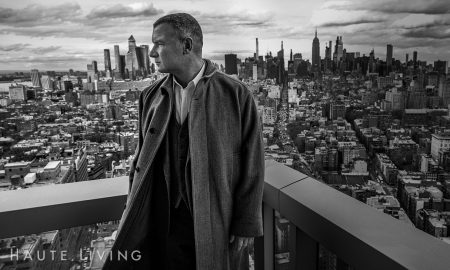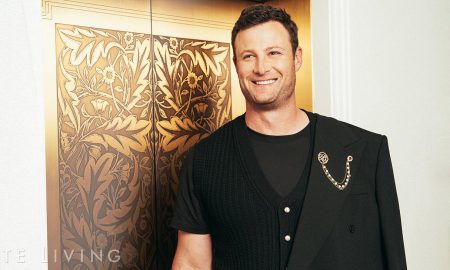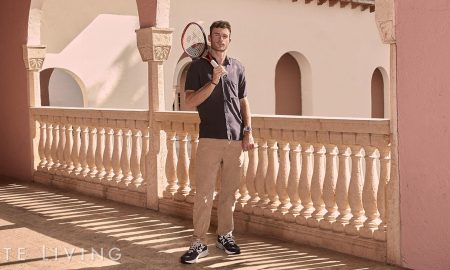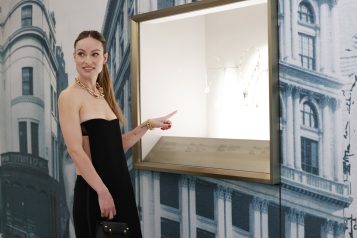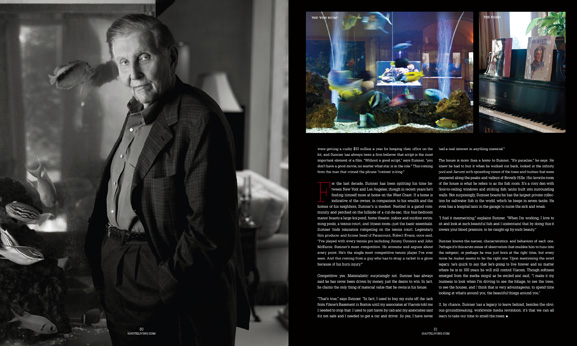
It was March 12, 1979 when a fire broke out in the Copley Hotel in Boston. Set by a disgruntled employee, the fire killed two people while others screamed for their lives, and a solitary man desperately clung from a third-floor ledge of a window while fire consumed his hand and much of his body. Despite all odds, after 60 hours of surgery and five operations, Sumner Redstone survived.
Sumner Redstone always survives.
“After the third operation, the doctors came in and took the bandages off to see if the skin graft took, and it did,” recalls Sumner. “The doctor said, ‘Congratulations,’ and I said, ‘Wait a minute, you guys saved my life and you’re congratulating me?’ And the doctor said to me, ‘Everything we know about burn surgeries is on your body: skin grafts, bone grafts, your toes were nailed to your foot. The reason you are alive is because of you and your will to win.’ I’ll tell you, there is no bigger win than your life. I think today, that no matter what the disease, if people have an obsessive desire to win they will have a better chance of surviving.”
And an obsessive desire to win is the essence of Sumner.
Sumner Murray Rothstein was born May 27, 1923 in a Boston tenement. (Seventeen years later his father changed their last name to Redstone.) Most of his childhood was spent in a small apartment without the luxury of a bathroom. His father struggled to make a living. Some of Sumner’s earliest memories of his father are of his work as a linoleum salesman with linoleum strapped to his back. Sumner recalls his mother being a “tyrant” who constantly drove him to succeed, with education at the top of the list. Eventually the family found better times. They acquired a piano, and what Sumner remembers is that his mother requiring him to practice an hour every day.
“My mother used to sneak into the room and turn the clock back so I had to practice an extra half-hour, but I really enjoyed the piano. Before I got injured I was a great classic pianist, concert pianist, and jazz player. Now it’s difficult to play with my hand, but back then my teacher actually wanted me to be a professional musician. He used to send me out with big bands, and at Harvard I had my own band. I really enjoyed music.”








